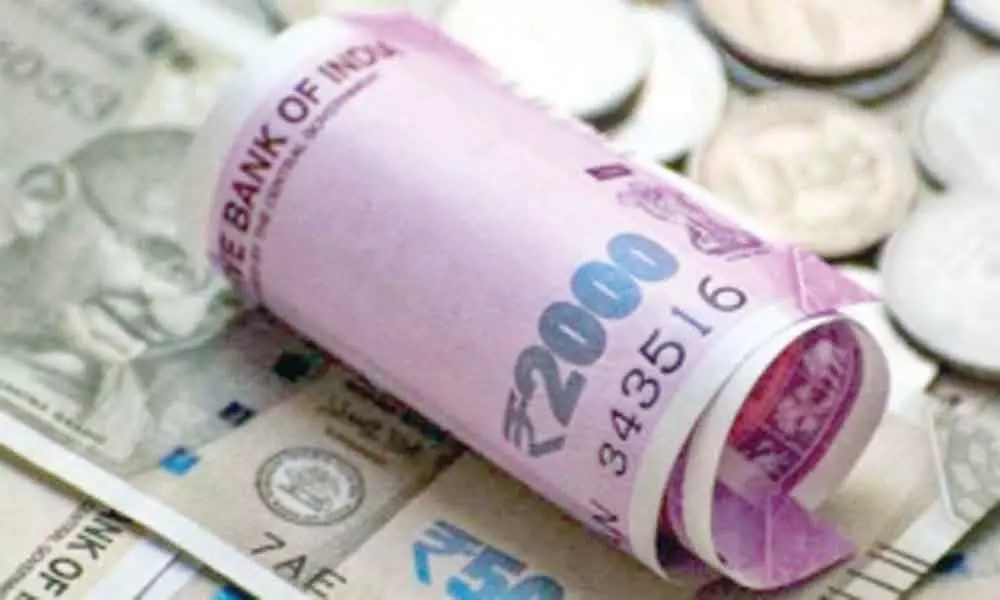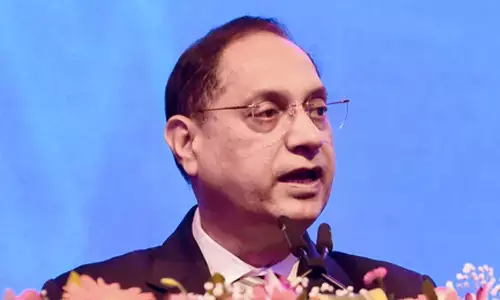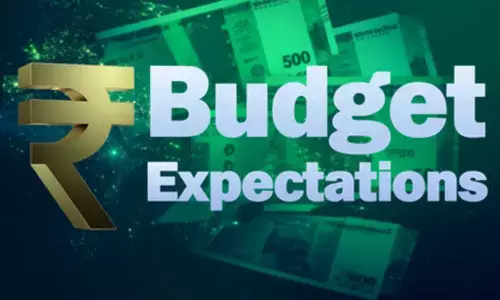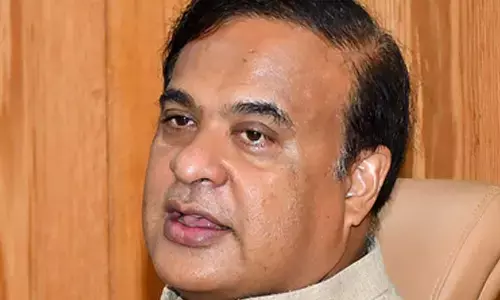Fiscal woes to mount as gross spending to rise by 20%
 Loan recasts may push NPAs to 14% in FY21
Loan recasts may push NPAs to 14% in FY21Government's fiscal worries are likely to continue in FY21 also, since irrespective of poor prospects of tax revenues, both revenue and capital expenditures are set to rise by 20 per cent from the current year Budget estimates of Rs 27.86 lakh crore.
New Delhi: Government's fiscal worries are likely to continue in FY21 also, since irrespective of poor prospects of tax revenues, both revenue and capital expenditures are set to rise by 20 per cent from the current year Budget estimates of Rs 27.86 lakh crore.
Sources said revenue expenditure is set to rise in FY21 from the current Rs 24.47 lakh crore on interest payment, pensions and subsidies by 15 per cent and rest 5 per cent rise is expected by the capital expenditure from Rs 3.38 lakh crore.
The total budgeted expenditure of the central government for 2019-20 is Rs 27.86 lakh crore. Of this, capital expenditure is budgeted at Rs 3.38 lakh crore in BE 2019-20 against revenue expenditure of Rs 24.27 lakh crore.
If the expenditures rise by 20 per cent, it may lead to a rise of Rs 5.4 lakh crore in total. The problems may mount for the government if CAG (Comptroller and Auditor General of India) advises government not to go for increased use of off-budget financing for schemes and subsidies to meet the compliance of the Fiscal Responsibility and Budget Management Act. Off-budget financing by its nature isn't taken into account when calculating fiscal indicators.
But the cost is borne by the budget through some mechanism or the other. Such financing tends to hide the actual extent of government spending, borrowings and debt and increase the interest burden.
There is a strong belief among the experts that the Rs 2 lakh crore anticipated tax revenue shortfall will push fiscal deficit of the current fiscal to 3.7 per cent from the targeted 3.3 per cent. Salaries of employees, interest payments on past debt, subsidies, pensions are financed out of revenue receipts.
Government of India securities maturing in next fiscal as per RBI list of liabilities amounts to Rs 2.47 lakh crore. Capital expenditure on roads, railways, renewable energy and urban housing projects is likely to be up from 3.38 lakh crore by 20 per cent in FY21 budget to break the slowdown mould and create jobs and income, consumption which will be in the direction of heavy infrastructure spending.
The provision of capital expenditure in Budget 2020 will likely to be decided by the National Infrastructure Pipeline (NIP), which was recently announced by the finance ministry where spending have been aggregated at around Rs 102 lakh crore in the next six years (including FY20) with an intention to spur investment activity in the economy and create jobs and consumption.
















